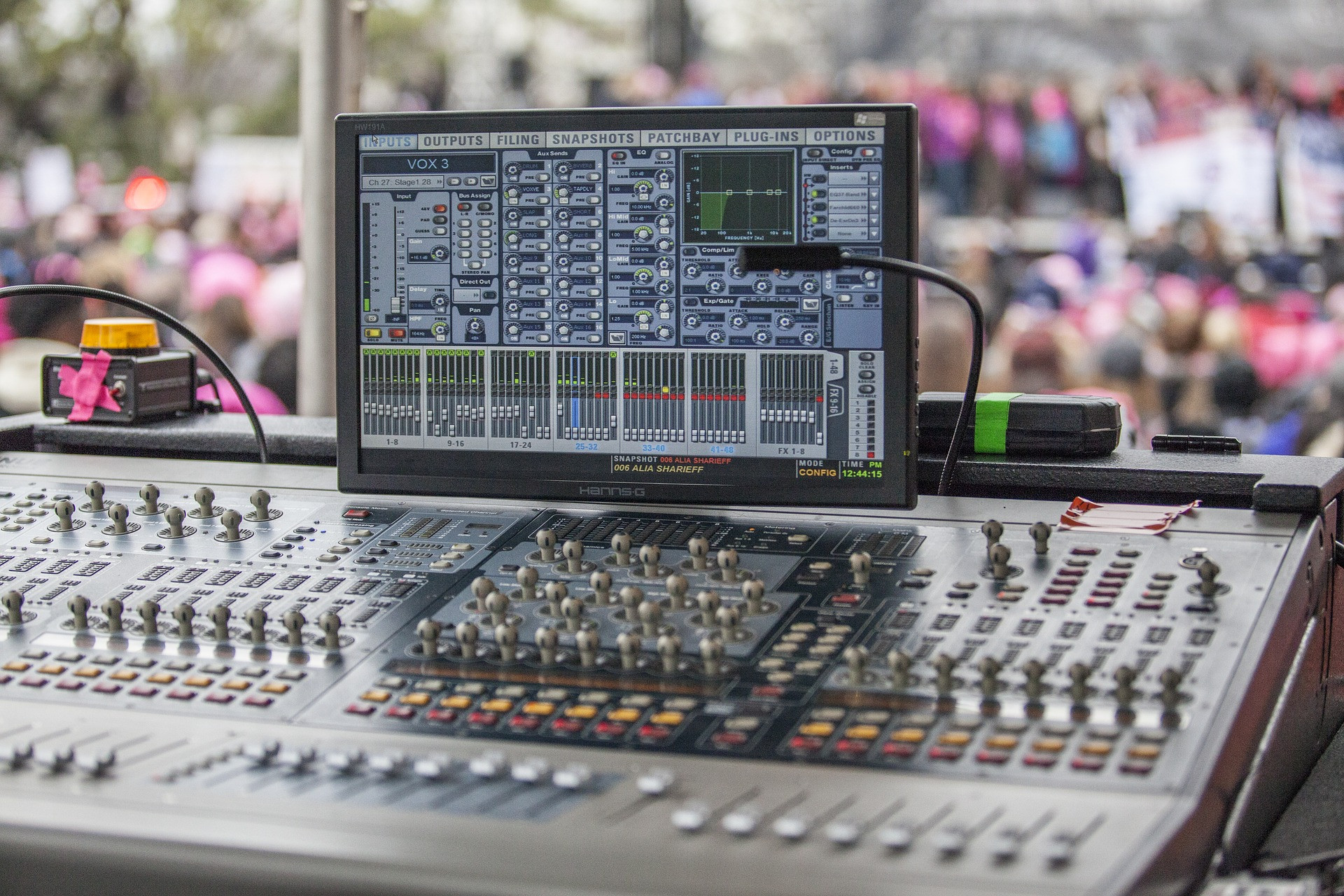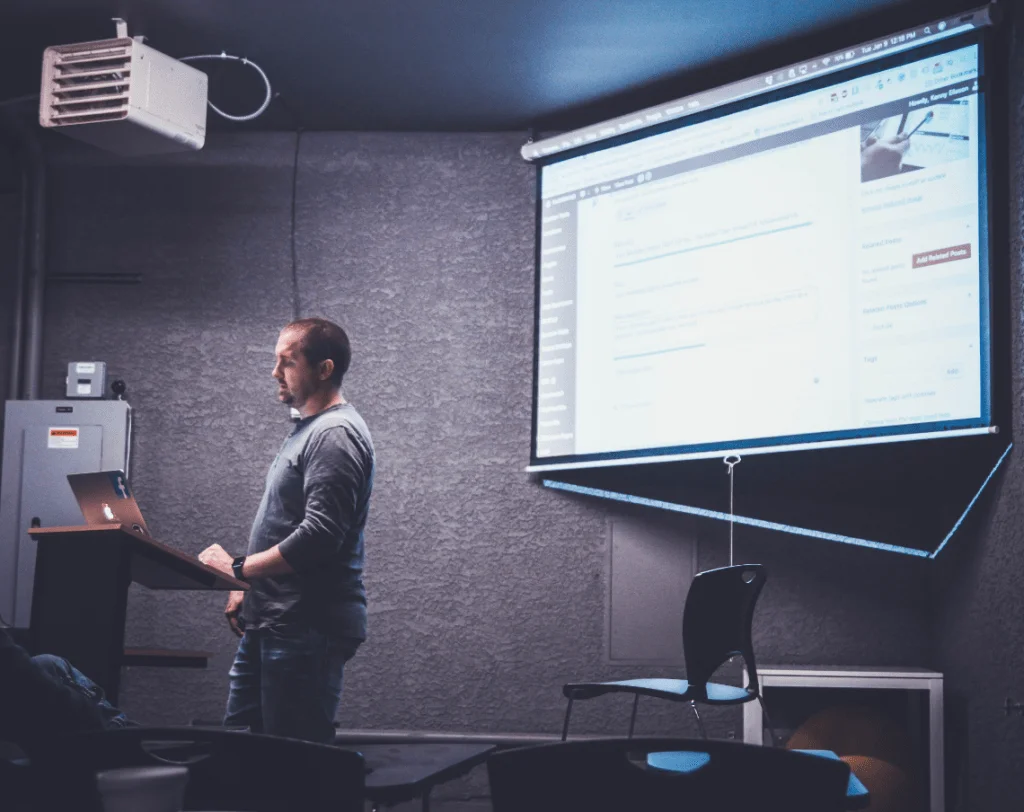Transform Your Presentations with Top-Notch Audio Visual Services
Understanding the Basics of Event Production
The complexities of occasion production need a thorough understanding of several fundamental components, including the establishment of clear goals, careful budgeting, and strategic location option. Each component plays a crucial duty in the seamless implementation of an occasion, affecting everything from audience interaction to logistical effectiveness. Moreover, the technological facets of manufacturing and the characteristics of team sychronisation are similarly necessary to achieving a cohesive result. As we explore these crucial aspects, one must consider how they interrelate and impact the overall success of an occasion. What strategies can be used to integrate these components effectively?
Defining Event Purposes
Defining event purposes is a vital action in the occasion production process, acting as the foundation whereupon all planning and implementation are developed. Clear objectives give direction, guaranteeing that all stakeholders comprehend the occasion's function and wanted outcomes. These objectives should be specific, quantifiable, possible, appropriate, and time-bound (SMART), which permits efficient evaluation of success post-event.
Determining the target audience is crucial fit the purposes. Understanding their interests, assumptions, and demographics allows occasion organizers to tailor material and experiences that reverberate with attendees. Furthermore, straightening the objectives with wider business goals promotes assistance from management and stakeholders, guaranteeing that the event adds to the overall mission.
Interaction and communication are important parts to take into consideration when defining objectives, as they dramatically impact guest satisfaction. Lastly, it is crucial to connect these purposes plainly to all team members included in the preparation procedure. This clarity improves partnership, concentrating efforts on accomplishing a linked vision. By developing distinct goals, occasion manufacturers can develop an organized structure that overviews decision-making and resource allowance, ultimately resulting in a successful event.
Budgeting for Success
Effective budgeting is important for the successful manufacturing of any type of event, as it provides an economic structure that supports all planning tasks. A well-structured budget plan allows event organizers to allot sources effectively, making sure that every aspect of the event is properly funded while minimizing the risk of overspending.
To develop an efficient budget plan, start by identifying all possible costs, such as venue prices, wedding catering, amusement, devices services, and advertising. It is essential to classify these expenses right into fixed and variable prices, which aids in understanding which components are non-negotiable and which can be adjusted based upon financial restrictions.
Additionally, profits sources must be recognized early in the budgeting process. This consists of ticket sales, sponsorships, and merchandise sales. By estimating possible revenue, planners can align their expenditures as necessary, guaranteeing that the event remains financially feasible.
Routine monitoring of the budget plan throughout the preparation process is crucial. This permits adjustments to be made as required, preserving economic discipline. Ultimately, an efficient spending plan not just safeguards against unexpected expenses yet additionally enhances the overall high quality and experience of the event, guaranteeing its success.
Venue Selection Approaches
Selecting the right location is an essential component of successful event production, as it sets the stage for the overall experience. The very first step in location choice is to define the event's goals and audience, which will certainly lead the selection of location and capacity. Considerations such as availability, setting, and readily available amenities should straighten with the occasion's motif and objective.
Following, evaluate the place's ability to accommodate your expected number of attendees while ensuring convenience and involvement. It is vital to visit potential venues face to face to analyze their format, centers, and general charm. Furthermore, evaluate logistical aspects consisting of car park schedule, public transportation gain access to, and any restrictions that might affect the event.
Spending plan restrictions are likewise critical; guarantee that the venue fits you can look here within financial parameters while supplying needed services. Agreement arrangements need to be approached with persistance, looking for openness relating to extra expenses, cancellation policies, and obligation protection.
Last but not least, think about the venue's online reputation and previous performance for similar occasions (Audio Visual Services). Engaging with previous customers can supply valuable understandings right into the location's dependability and solution discover here top quality, ultimately helping in making an educated decision

Technical Production Components
Technical production components act as the foundation of any type of occasion, guaranteeing that all sound, visual, and lights elements function harmoniously to develop an immersive experience. These components include a selection of methods and modern technologies targeted at supplying content successfully and engagingly.
Audio systems are vital, involving microphones, speakers, and blending tools to guarantee clear audio delivery. Premium sound is important for preserving target market engagement, particularly in bigger places. Visual components include projection systems, LED screens, and video clip feeds, which boost the aesthetic narrative of the event and support the total theme.
Illumination plays a crucial role in setting the mood and leading audience focus. A properly designed lights strategy includes various techniques, such as spotlights, ambient illumination, and color laundries, to produce vibrant ambiences ideal for various sectors of the occasion.
In addition, technological manufacturing elements require meticulous planning and integration. This includes pre-event noise checks, video wedding rehearsals, and illumination tests to deal with prospective difficulties before the event begins. Ultimately, a natural technological manufacturing method not just raises the event experience but also mirrors the professionalism and attention to information that individuals anticipate.

Team Sychronisation and Functions
Effective occasion production hinges on seamless group sychronisation and clearly defined roles amongst all individuals. For an event to run smoothly, each group participant need to comprehend their responsibilities and how they add to the total vision.
Efficient communication is vital in this joint atmosphere. Audio Visual Services. Regular conferences and updates make certain all staff member are straightened and can adjust to any adjustments or difficulties that occur. Utilizing task administration tools can promote this communication, permitting real-time updates and job tracking
Furthermore, fostering a society of teamwork is essential. Urging partnership amongst diverse ability not only boosts analytical yet likewise promotes a favorable working ambience. When team participants feel valued and equipped, their productivity rises, eventually leading to a much more successful event.
Verdict
To conclude, a comprehensive understanding of occasion manufacturing includes specifying clear goals, developing a robust spending plan, selecting an ideal venue, handling technical production components, and guaranteeing reliable team sychronisation. Each part plays a crucial function in the total success of an event. By carefully resolving these fundamentals, event organizers can boost the attendee experience, enhance sources, and attain desired outcomes, consequently adding to the occasion's overall effectiveness and effect within the designated target market.
The intricacies of occasion production require a detailed understanding of numerous fundamental straight from the source components, including the establishment of clear objectives, precise budgeting, and calculated place option.Specifying occasion purposes is a critical step in the event production procedure, offering as the structure upon which all preparation and implementation are constructed. By developing distinct goals, occasion producers can produce a structured framework that guides decision-making and source appropriation, ultimately leading to an effective occasion.
In verdict, a thorough understanding of occasion production encompasses defining clear objectives, establishing a durable spending plan, picking a proper location, managing technical manufacturing aspects, and making certain reliable team coordination. By meticulously addressing these principles, occasion planners can enhance the participant experience, enhance resources, and attain wanted results, thus adding to the occasion's overall performance and influence within the designated audience.